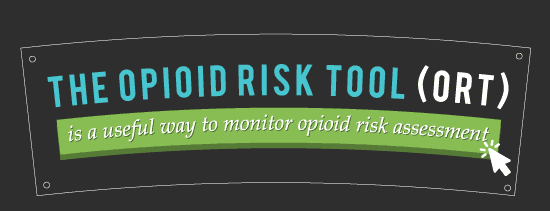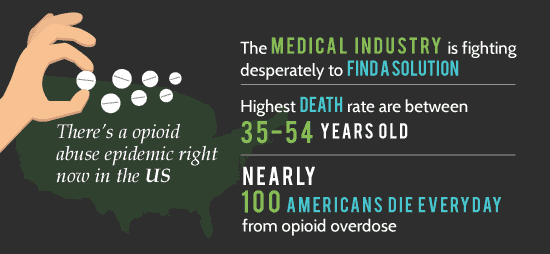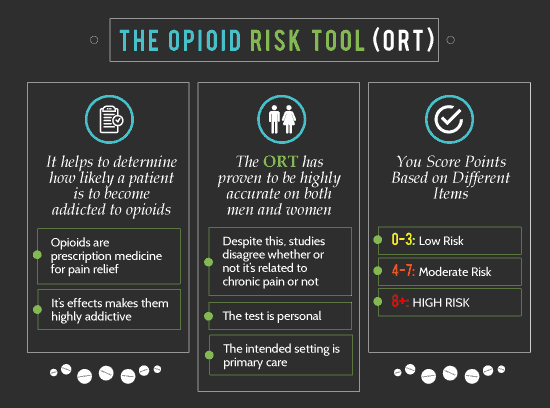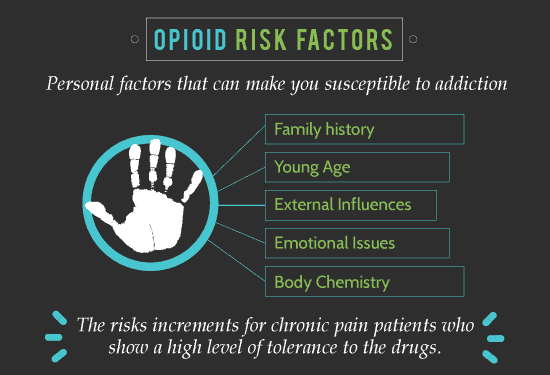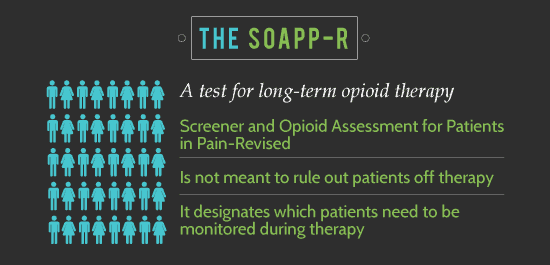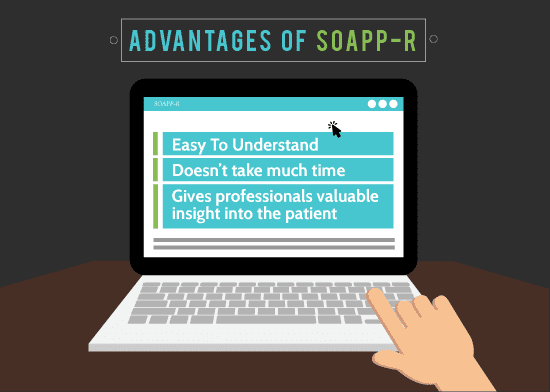Trying to stop taking opioids can be challenging and dangerous. Northpoint Recovery is committed to helping those struggling with opioid addiction. We offer various opioid addiction treatment options that can address the underlying causes of addiction and help you recover. If you or someone you know is struggling with opioid addiction, please call us at 888.296.8976 today to get started.
The American Opioid Epidemic
In 2015, over 33,000 people died from opioid overdoses. That’s more than 90 people every day. And the numbers are only getting worse. As the number of deaths from opioids has increased, so has the number of opioids prescribed. In fact, since 1999, the amount of prescription opioids in the U.S. has quadrupled.
The epidemic is only gaining steam as well. Fentanyl, a powerful synthetic opioid, is now the most common drug involved in overdoses. And as the demand for opioids grows, so does the number of people turning to heroin.
The good news is that there are ways to help prevent overdose deaths. One of these is using an opioid risk tool (ORT).
What Is the Opioid Risk Tool?
The opioid risk tool is a short, 10-item questionnaire that can help identify patients at risk for developing problems with opioids. It was developed by a team of researchers led by Dr. Robert D. Kerns of Yale University.
The tool asks about a patient’s previous history of drug abuse, their family history of drug abuse, and their current pain levels. It also asks about other risk factors for addiction, such as depression and anxiety.
Based on the answers to these questions, the tool assigns a score to each patient. The higher the score, the greater the risk of developing problems with opioids.
Five Personal Factors that Could Lead to Opioid Addiction
There are several personal factors that can increase the risk of developing problems with opioids. These include:
- Being young
- A family history of drug abuse
- External influences
- Emotional issues
- Body chemistry
It’s important to note that even if you meet all of these risk factors, you may not become addicted to opioids if you receive a prescription. However, if you do become addicted, these factors may make it more difficult to recover.
The Importance of the Opioid Risk Tool
The opioid risk tool is important because it can help identify patients at risk for developing problems with opioids. By identifying these patients early, doctors can take steps to prevent addiction before it starts.
In addition, the tool can help doctors tailor their prescriptions to each patient. For example, a patient at high risk for addiction may be prescribed a lower dose of opioids than a patient at low risk.
Monitoring Opioid Use with the SOAPP-R
Dr. Kerns and his team developed the short opioid assessment for patients in recovery (SOAPP-R). The SOAPP-R is another tool that can be used to monitor patients who are taking opioids.
The SOAPP-R is a 12-item questionnaire that asks about things like pain levels, opioid use, and mood. It also asks how well the patient functions in their daily life.
The SOAPP-R assigns a score to each patient based on the answers to these questions. The higher the score, the greater the risk of developing problems with opioids.
Advantages of an Opioid Addiction Assessment
There are many advantages to using an opioid addiction assessment like the SOAPP-R. These include:
- It can help identify patients at risk for developing problems with opioids.
- It can help doctors tailor their prescriptions to each patient.
- It can help monitor patients who are taking opioids.
- It can help identify patients who may need more intensive treatment.
If you or someone you know is struggling with addiction, please reach out for help. Several resources are available; the sooner you get help, the better.
Opioid Addiction Help at Northpoint Recovery
If you or someone you know is struggling with addiction, Northpoint Recovery can help. We offer various treatment options, including detoxification, residential treatment, and aftercare planning. We also provide a number of support services, such as counseling and case management.
Please call us at 888.296.8976 today for more information about our program.


